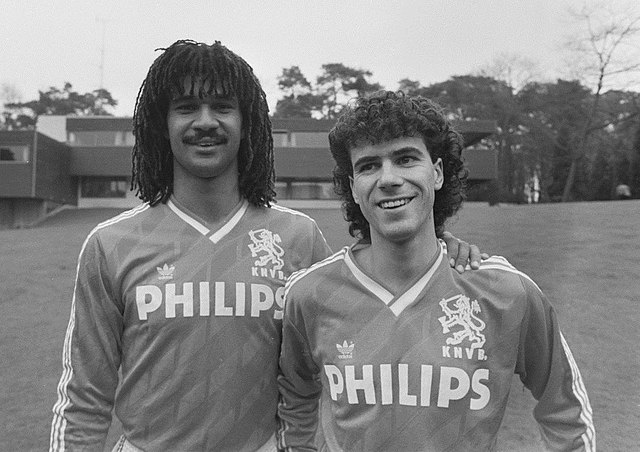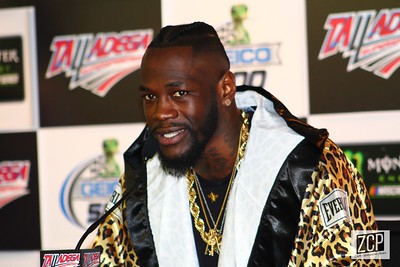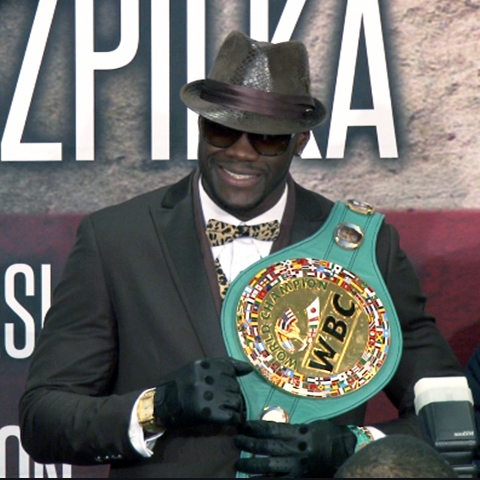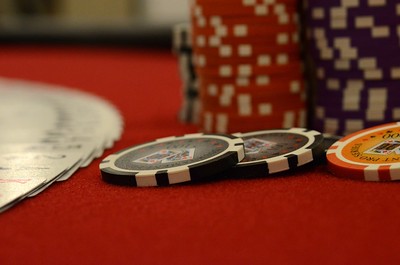Thirty and secandGolden Ball winner - Ruud Gullit
After a long break, a Dutchman was again chosen as the best player in Europe in 1987
The strong years in Dutch football, especially in individual terms, were in the early 1970s. The three awards for the best football player in Europe that Johan Cruyff received in 1971, 73 and 74 speak enough for this. However, this period passed and the British, Germans, French and even an Italian, a Dane and a Russian appeared on the scene before Ruud Gullit grabbed the trophy on 29th December 1987.
The PSV Eindhoven player, who moved to Milan after the end of the 1986/87 season, is a real discovery in football and quite deservedly won the award in the serious competition of the Portuguese Paulo Futre from Porto and Atlético Madrid. Gullit collected 106 points from a total of 27 journalists from the countries that are members of the European football headquarters - UEFA. Thirteen of them rank the Dutch attacker first, six leave him second, four in third, two in fourth and one in fifth, while one does not think Gullit deserves a position in the top five of the best players on the Old Continent. Foutre collects only 15 points less – 91, with which second place remains easily for the Portuguese winger. Third in the ranking with 61 points is Emilio Butragueño from the fantastic team of Real Madrid. The forward is ahead of team-mate Michel Gonzalez with 32 points, and the top five is completed by Barcelona's Gary Lineker, who has just 13.
The previous Ballon d'Or winner Igor Belanov is missing from the poll in 1987. There is not a single Bulgarian who took at least one point from the vote.
The 1986/87 Dutch Championship race became highly contested again, with PSV Eindhoven and Ajax fielding outstanding talents such as Ruud Gullit and Marco van Basten. Both shone on the domestic scene, but at the end of the campaign Van Basten was content with just the top goalscorer award, while Ruud Gullit's more team-oriented performance brought the Eindhoven side a ninth title in their history and a second in a row. Defined as a true artist because of the ease with which he moves on the field, Gullit very quickly catches the eye not with statistics, many goals or many assists, but simply with beautiful and important performances. The selection of the "tulips" immediately began to think of even better times than those with Johan Cruyff, and the winner of three golden balls seems to already have a successor, or candidates for a successor.
In the summer, Milan gathered Gullit and Van Basten in their team and the winner of the ranking was the one who stood out in the first half of the 1987/88 season in Calcio. Gullit was accurate even on his debut against Pisa, after which he also scored in the goal of Sampdoria until the end of the calendar year. There is no lack of goals in the tournament for the country's cup, as well as in the UEFA Cup. The Dutchman's adaptation is starting very well and it looks like he will take home the Ballon d'Or.
His main competitor, Paulo Futre, conquered the European summit with Porto, but only one of his five goals in KESH was scored in 1987. In the local championship, Porto remains second, and Foutre is far from among the most impressive players. After his transfer to Atlético, he did not adapt so quickly.
Butragueño is part of a great Real Madrid team, which, however, shines with not one, but five players. Yes, Emilio is the most important of them, the most significant and playing the most beautiful football, but even the presence of Mitchell in the fourth position speaks volumes about the serious competition in the "royal club".
There seems to be little dispute as to who should win the Ballon d'Or voting in 1987. Again, the beautiful game, ease of action on the field and unusual style are chosen over statistics and team honors. These seem to be the reasons why Ruud Gullit was voted the best footballer in Europe in 1987.




